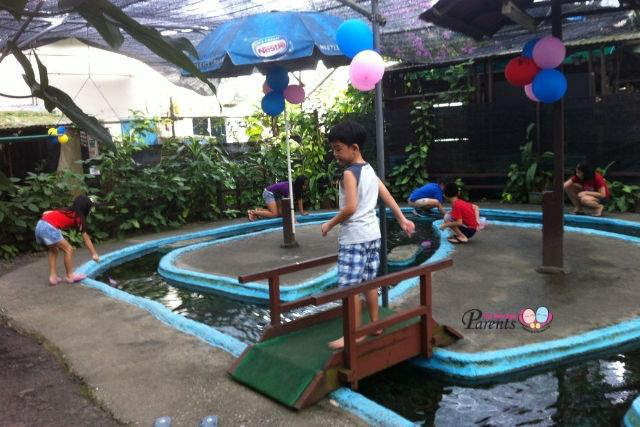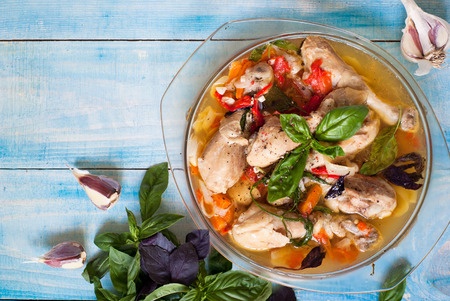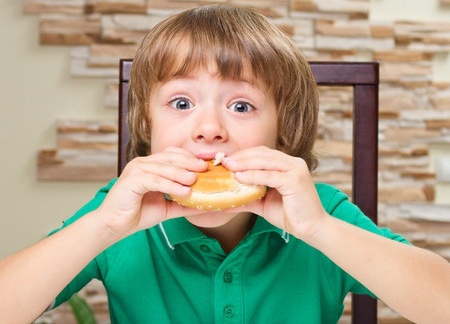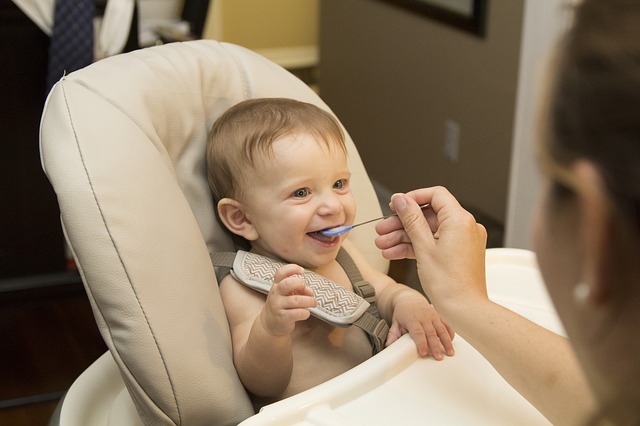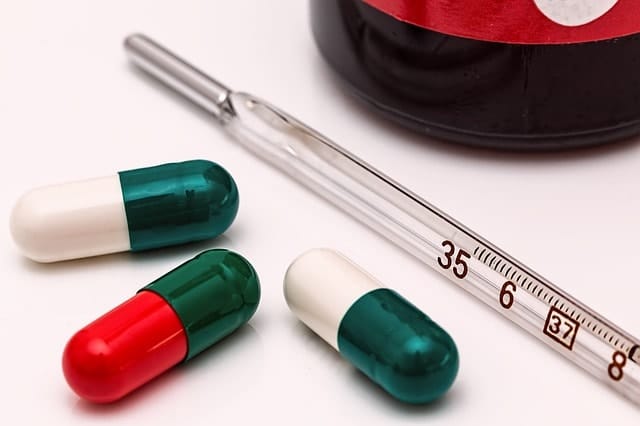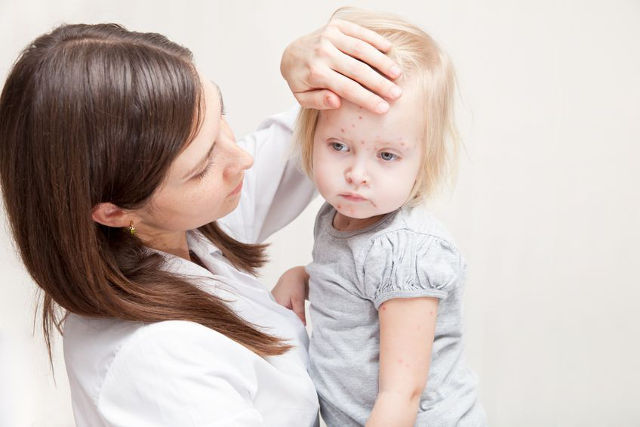After all the planning, taking leave, and hype of going overseas for a family holiday trip, it would be a downer if one family member catches a cold or falls sick during the holiday.
Here are six tips to note, to keep your family in the pink of health!
#1. Vitamin C and echinacea supplements
This helps to boost your child’s immunity.
#2. Probiotics

Aids digestion and helps to reduce stomach problems, such as indigestion and bloating.
⇒ Related Read: How to Choose The Most Suitable Probiotics for Your Whole Family
#3. Mosquito repellents
If you are travelling to an area infested with mosquitoes, it is important to use mosquito repellents. Diethyltoluamide (DEET) 7-30% is safe and effective for children over 2 months of age and should be reapplied every 2-4 hours. For parents who prefer a natural alternative, a formulation containing citronella oil in a patch form adhered to the clothing can be used. This is applicable for infants. It is important for parents to ensure that their child is covered in long sleeves and trousers, especially after dusk where there is a higher possibility of mosquito bites.
#4. Always practise good hygiene
Use hand sanitizers, especially before the child’s meal to ensure harmful bacteria or germs are not ingested. Alcohol swabs may be used to sterilize your child’s toys or utensils.
#5. Dress adequately

In cold climates, prevent chills and colds by dressing your child adequately. Similarly, avoid prolonged sun exposure and make sure your child drinks sufficient fluids to prevent heat strokes.
#6. Do not over plan your itinerary and ensure your child gets adequate rest.
Consult a health professional in the event your child develops any of the following symptoms:
- Persistent fever ≥ 37.5ºC for more than 2 consecutive days
- High fever ≥ 9ºC
- A suspected bout of illness
If in doubt, always approach a pharmacist to obtain appropriate recommendations and advice to help ease your pre-travel jitters.
Top 5 medical travel essentials to keep in your travel bags for infants and children

- A digital thermometer to measure a suspected fever
- Fever and pain medications (e.g. paracetamol, ibuprofen)
- Cough and cold medications (e.g. antihistamines, decongestants and mucolytics)
- Rehydration salts to prevent dehydration following an unfortunate bout of diarrhoea or vomiting
- Antiseptic spray or cream and plasters to treat minor cuts and abrasions
This article is contributed by Clara Lin, Pharmacist, Watson’s Airport Terminal 3.
Disclaimer
Information provided by this article is solely for informational purposes only and is not intended as a substitute for the advice provided by your physician, pharmacist or other healthcare professional. You should not use the information for diagnosing or treating a health problem or disease or prescribing any medication or other treatment. Always speak with your physician, pharmacist or other healthcare professionals before taking any medication or supplement, or adopting any treatment for a health problem. Under no circumstances will Watsons Personal Care Stores Pte Ltd be liable to any person for damages of any nature arising in any way from the use of such information.
* * * * *
Like what you see here? Get parenting tips and stories straight to your inbox! Join our mailing list here.
Want to be heard 👂 and seen 👀 by over 100,000 parents in Singapore? We can help! Leave your contact here and we’ll be in touch.


















